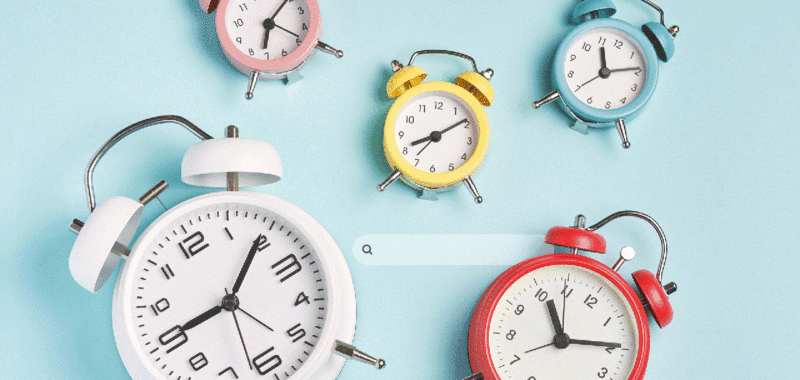Eating dinner too late can also negatively impact blood sugar levels, adds Riehm. “As the body prepares to rest, our insulin sensitivity decreases, which means we won’t respond to the insulin our body produces as well, which negatively impacts blood sugars and increases risk for developing diabetes if this happens often enough,” she explains. “When our eating does not align with our normal circadian rhythm, which is sometimes known as ‘eating jet lag,’ it can increase risk for developing obesity, diabetes, and cardiovascular diseases.
Is eating dinner late bad for you?
Before you freak out about your eating habits, know that eating right before bed every once in a while isn’t going to cause serious harm. “Just like having one ‘ideal’ day isn’t going to change your health forever, having one ‘bad’ day isn’t either,” Riehm says.
It also might change how hungry you feel for breakfast in the mornings, she says. “Breakfast can be important to help with balancing hunger and energy throughout the day. Without a hunger signal to remind you to eat soon after waking, no breakfast could mean more fatigue and bigger portions or more frequent meals and snacks as the day goes on.”
Can eating dinner early help you lose weight?
“More research is needed to determine the precise way it happens, but current research shows that people who eat earlier in the day are able to lose larger amounts of weight than those who eat later in the day,” says Riehm. “Adjusting our eating window to earlier in the day aligns better with the body’s natural hormone shifts that occur during our circadian rhythm—so, don’t skip breakfast.”
Furthermore, the National Weight Control Registry, which is a research study that tracks over 10,000 people who have lost at least 30 pounds and maintained their weight loss for at least one year, identified eating breakfast as a key weight loss maintenance behavior, according to Riehm.
Is it OK to eat a nighttime snack?
While I love an early dinner, I might love my nighttime snack even more. Fortunately, doing so is dietitian-approved.
“I wouldn’t recommend eating a snack before bed if you don’t need to, but if you’re feeling hungry, you can do so without stress,” Riehm says. “I always recommend eating when you feel hungry—regardless of what time it is. It’s important not to restrict your intake when you’re feeling hungry. Hunger is our body’s way of telling us we need energy and fuel and we need to honor that sign.”
That said, if it’s late, Riehm and Cochrane recommend eating snacks that are high in protein and fiber. Some of their suggestions include trail mix, yogurt, fruit, peanut butter, and carrot sticks with hummus.
What foods should you avoid before bed?
According to Riehm, its best to avoid eating meals that contain large portions of carbohydrates right before bed. “Because our insulin sensitivity—how well our body responds to the hormone insulin and, therefore, uses the glucose from the carbohydrates we consume—decreases as we prepare for rest, those carbs aren’t going to be well utilized by the body,” she explains. “This can be especially concerning if you’re someone already dealing with insulin resistance, prediabetes, or diabetes.”

